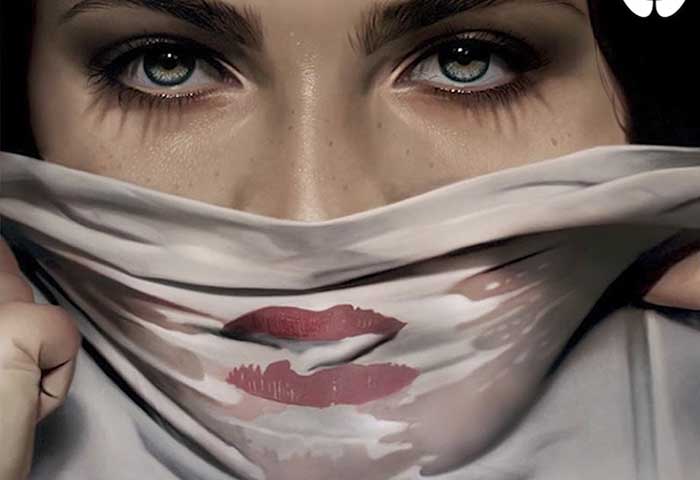[ad_1]
Whether you want to paint landscapes or draw cartoons, cows are classic subjects, even if they are not the primary focus of your painting or drawing. Here are some ideas for how to draw realistic cows, even from just a few pen strokes.
1) Think boxes, balls and cones.
Cows are boxy animals. Their hips and chests form the front and back of a rectangle-shaped box that makes up their body. Their heads are also boxy shaped, though the side of the box that forms their nose and chin is clearly smaller, is the box that makes their head looks something like a cone. Some cartoonists also draw cow mouths as round balls. This is really only appropriate if you are drawing a cartoon cow, because real cows are more square in their mouths.
Cow legs can be tubes with their knees and feet being balls. Their necks can be a cone too, with the sharp point cut off where the head meets the neck. This simplification of a cow's body might only seem okay for cartoons, but even professional artists break their subjects down into simple shapes. It makes it easier to understand how the parts of the cow work together, and it also helps a lot for perspective. Having all the cows in your drawing or painting pointing the same way looks a little bit artificial.
2) Go out and find a real cow
If you really want to learn how to draw cows, you've got to go see them "in person". A short trip into the country will usually turn up a few real cows. Bring something to sit on and your sketchbook and some pencils and start blocking out the cows. Notice the typical posts that cows hold – draw them as they are lying down, or as they are grazing. Try to draw that classic look they'll give you as they chew their cud and watch you, with their blasé expression. Can you draw them well enough to show that they are chewing in your drawing?
The best thing about drawing cows from real life is you will be able to study them from different angles, and you will able to see how they really move, and what their behaviors are. This is more the territory of the realistic artist, not the cartoonist, but cartoonists need to be able to draw groups of cows, too. It is also helpful to see cows in high grass, although you may want to step a bit closer to them so you can get a good look at your feet. Just do not get too close – bulls frequently graze a bit off from the rest of the herd, and bulls can get quite protective if they think you are trying to make a move on their cows.
3) Study cow skeletons
You'll probably need a book for this. Few museums have full skeletons of cows, and while your local butcher is actually familiar with a cow's anatomy, they will not be able to give you a complete skeleton. The point of looking at the bones of a cow, or any other animal, is to understand the structure of their body. Cow hips are something to pay particular attention to because they stick out, and even a sketch of a cow needs to show their hips in the right way for it to be a believable drawing.
[ad_2]
Source

